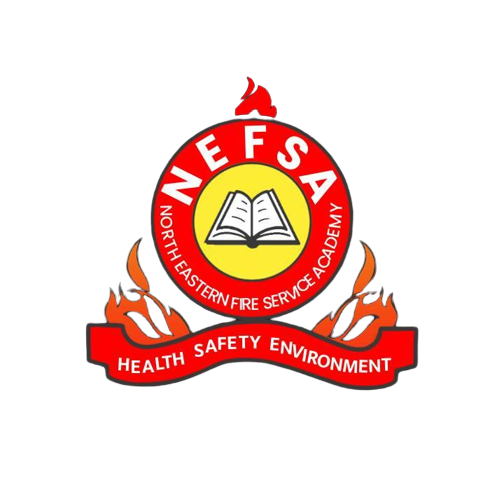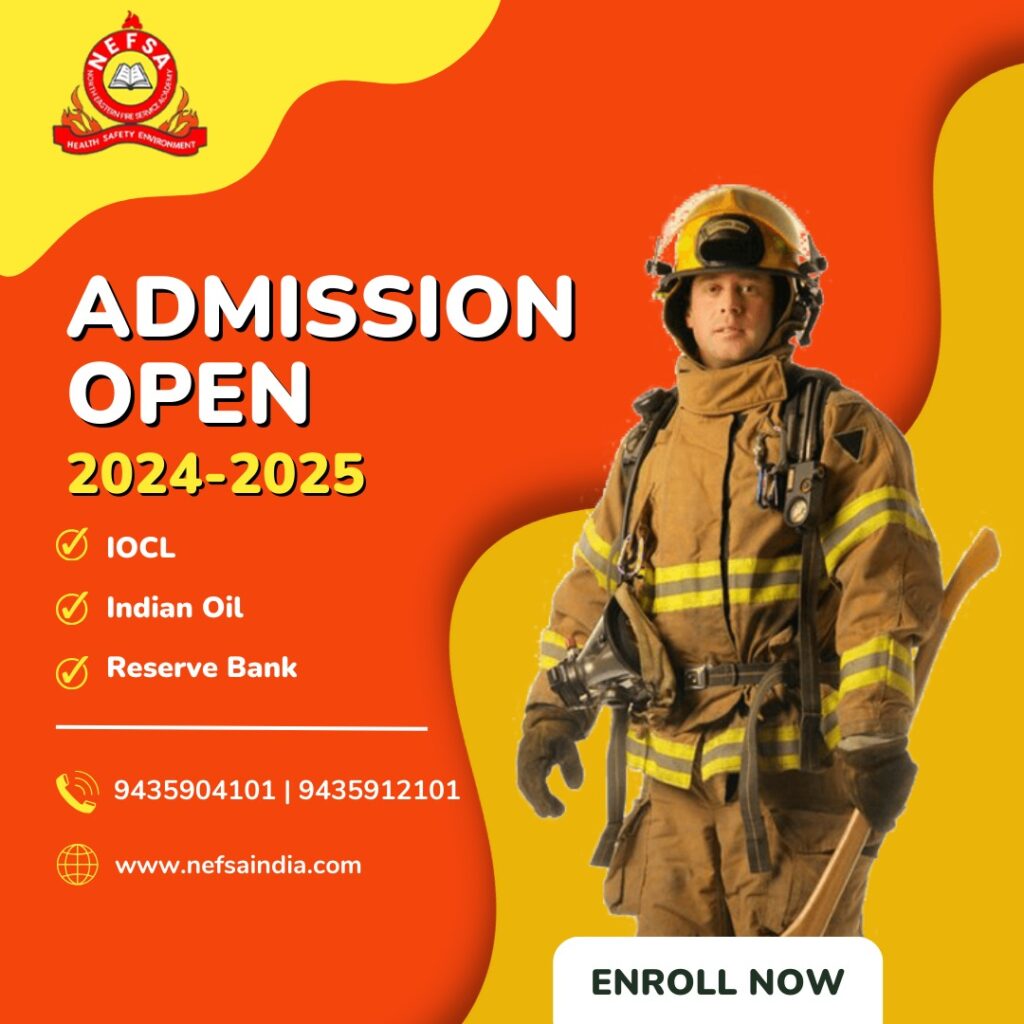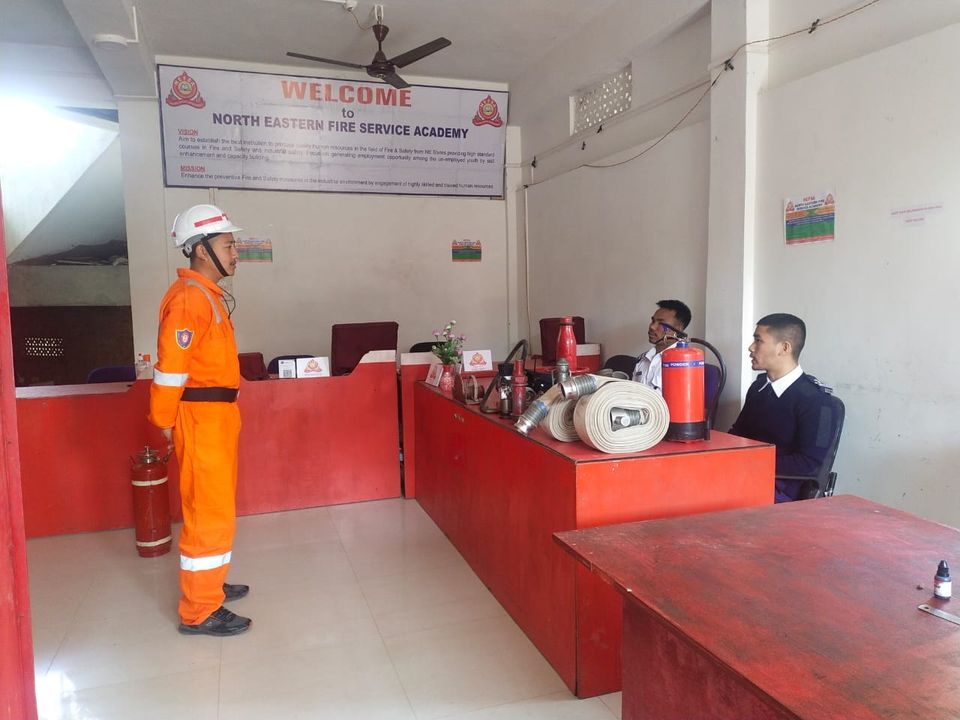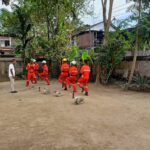Emergencies can strike without warning, making preparedness essential for ensuring safety and minimizing damage. At NEFSA Fire Academy, we emphasize the critical role of fire safety education in preparing individuals and communities for emergencies. This blog explores the importance of fire safety education and how NEFSA is leading the way in equipping people with the knowledge and skills needed to respond effectively to emergencies.
Why Fire Safety Education Matters
Fire safety education is more than just learning how to extinguish fires; it encompasses a broad range of skills and knowledge that can prevent fires from occurring and ensure that people know how to react in case of an emergency. Here are some key reasons why fire safety education is vital:
- Prevention: Education helps individuals understand the common causes of fires and how to prevent them. This includes safe cooking practices, proper use of electrical appliances, and regular maintenance of heating systems.
- Preparedness: Being prepared means having a plan in place for different types of emergencies. Fire safety education teaches people how to create evacuation plans, use fire extinguishers, and recognize fire hazards.
- Response: Quick and effective response during a fire can save lives and reduce property damage. Fire safety education provides training on emergency procedures, first aid, and communication during a crisis.
- Community Safety: Educated communities are safer communities. When individuals are knowledgeable about fire safety, they can help prevent fires and assist in emergencies, contributing to the overall safety of their neighborhood.
NEFSA Fire Academy’s Approach to Fire Safety Education
At NEFSA Fire Academy, we are dedicated to providing comprehensive fire safety education that prepares individuals to handle emergencies with confidence and competence. Here’s how we approach fire safety education:
1. Comprehensive Training Programs
Our training programs cover all aspects of fire safety, from prevention to response. We offer courses for individuals, schools, businesses, and community organizations, tailored to meet the specific needs of each group.
2. Hands-On Experience
Theory is important, but hands-on experience is crucial for effective learning. NEFSA provides practical training sessions where participants can practice using fire extinguishers, perform evacuation drills, and engage in simulated emergency scenarios.
3. Expert Instructors
Our instructors are experienced professionals with extensive knowledge in fire safety and emergency response. They bring real-world experience to the classroom, ensuring that participants receive high-quality education grounded in practical application.
4. Community Outreach
NEFSA actively engages with the community through workshops, seminars, and public awareness campaigns. We believe in spreading knowledge beyond our academy to ensure that everyone has access to essential fire safety information.
5. Customized Programs
We understand that different groups have different needs. Our customized programs address the unique challenges faced by various sectors, including residential, commercial, industrial, and educational institutions.
Key Elements of Fire Safety Education
Fire safety education at NEFSA includes several key elements that ensure comprehensive preparedness:
- Fire Prevention: Understanding fire hazards, safe practices, and regular inspections to prevent fires.
- Emergency Planning: Developing and practicing evacuation plans, communication strategies, and meeting points.
- First Aid and CPR: Training in basic first aid and CPR to provide immediate assistance to those in need.
- Use of Fire Safety Equipment: Learning how to use fire extinguishers, fire blankets, and other safety equipment effectively.
- Risk Assessment: Identifying potential fire hazards in homes, workplaces, and public spaces and taking steps to mitigate them.
The Impact of Fire Safety Education
The impact of fire safety education extends beyond individual preparedness. It creates a ripple effect that enhances the safety of entire communities. Educated individuals can:
- Reduce the incidence of fires through preventive measures
- Respond quickly and effectively to emergencies, minimizing harm
- Educate others, spreading fire safety knowledge throughout the community
- Support emergency responders by being informed and prepared during crises
Conclusion
Fire safety education is a crucial component of emergency preparedness. At NEFSA Fire Academy, we are committed to providing the highest quality education to ensure that individuals and communities are equipped to handle emergencies with confidence and skill. By investing in fire safety education, we can create safer environments and save lives.
For more information on our fire safety education programs and how to enroll, visit our website or contact us today. Together, let’s build a safer future through knowledge and preparedness.
For more information and to apply, visit the NEFSA Fire Academy Dibrugarh official website.
For more Blog : Click Here







